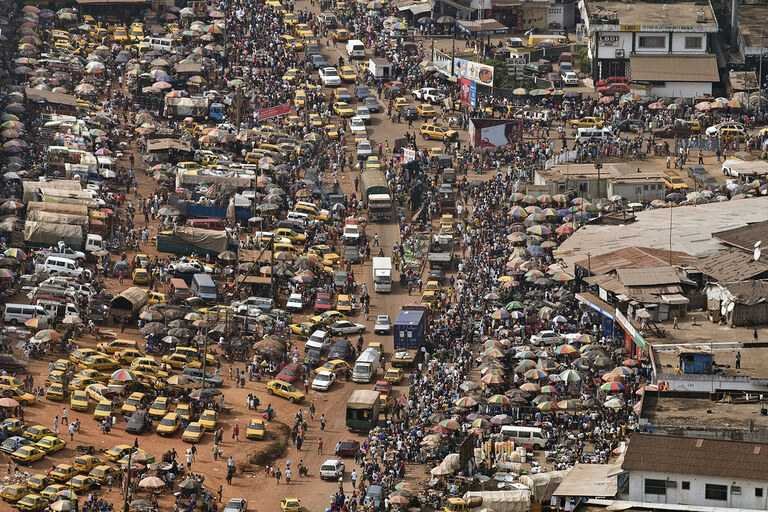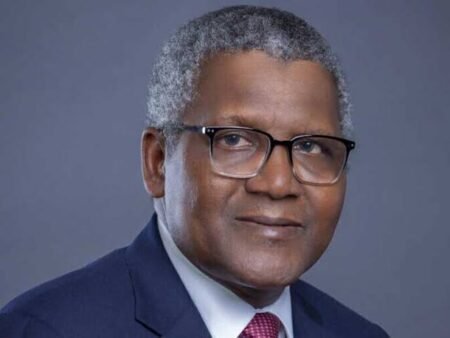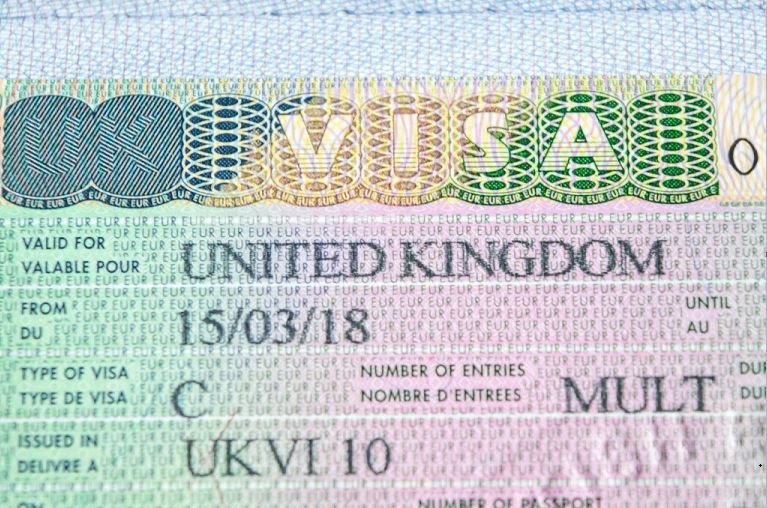Severe flooding in Liberia has prompted a group of lawmakers in the Senate to propose relocating the capital city away from overcrowded, poorly managed Monrovia and modelling it after Abuja, Nigeria.
The West African nation responded to the proposal in the Senate with a mix of enthusiasm and reluctance.
Flash floods triggered by torrential rains between the end of June and early July left nearly 50,000 Liberians in urgent need, the national disaster management agency said.
Overpopulation, a subpar sewage system, and a lack of building regulations all contributed to the particularly severe damage to the flood-prone capital.
In a meeting to discuss the persistent flooding problem, a senate joint committee in early July suggested establishing a new city to replace Monrovia.
“It’s a good idea because our current capital city is a mess,” said Chris Kpewudu, a young motorbike driver in the capital.
“There is garbage all over the city, and when it rains, there is flooding everywhere, but with a new city, it will be well laid out, and our capital city could look like, or more than, Abuja,” he added.
Nigeria’s Abuja is one of a handful of planned capital cities on the African continent.
Towards the end of the 20th century, Tanzania’s capitals, Dodoma and Yamoussoukro in Ivory Coast, established themselves as administrative capitals, with all three cities occupying geographically central positions in their respective countries.
Monrovia is home to 1.5 million people and lies on the Atlantic coast of Liberia, one of the world’s poorest countries.
The city is the economic, political, and cultural hub of the country, with the Freeport of Monrovia providing a gateway for Liberian exports, including iron ore, rubber, and timber, to reach the United States and Europe.
But the city’s poorly functioning infrastructure can barely keep up with its ever-expanding population.
The Ministry of Public Works told AFP it was carefully reviewing the proposal, adding that the plan did not yet include an exact location for the move and that any decision would come down to economic viability.
“Having a new city is capital-intensive,” said T. T. Benjamin Myers, the ministry’s communications director.
“As a country, our national budget is still around $600 million… Therefore, the establishment of a new city will necessitate careful consideration of numerous technical, financial, and economic factors.











